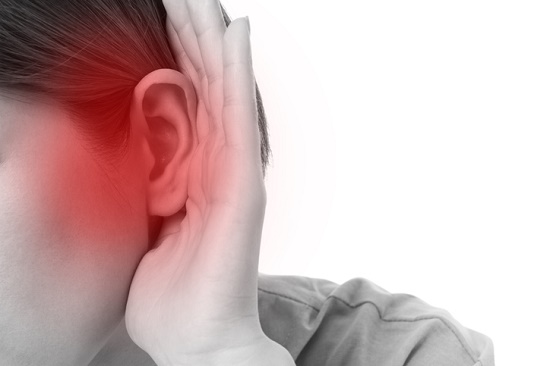
Hearing loss is strictly a problem for older people, right?
Not exactly. While it’s a fact that your odds of developing hearing loss increase with age, you can, in fact, develop hearing loss at any age.
As stated by the NIDCD, 26 million Americans age 20 to 69 have high-frequency hearing loss from direct exposure to loud sounds at work and during leisure activities. And that includes 1 in 14 generation Xers, age 29-40, who already have hearing loss.
Provided that hearing loss can strike at any age, it’s vital to understand the indicators as they’re generally subtle and difficult to detect.
Below are eight silent signs of hearing loss that should prompt you to get a hearing test.
1. Ringing or buzzing in the ears
Have you ever come home from a deafening live show and noticed a ringing or humming in your ears?
If yes, that means you’ve injured the nerve cells of hearing in your inner ear. If it’s only come about a couple of times, the harm is probably temporary and slight. However, continual exposure or one-time exposure to very loud sounds could generate irreparable damage and hearing loss.
If the ringing in your ears continues, you should book a hearing test as this is one of the initial signs of hearing problems. And if skipping future live shows is not a viable alternative for you, your hearing consultant can help you avoid additional injury with custom-made earplugs.
2. Balance problems
Your hearing and balance are intricately connected. In fact, a large part of your ability to stay balanced is a consequence of elaborate structures within the inner ear.
If you detect that you’ve been more clumsy lately, the issue may in fact be with your ears. In fact, a study by Johns Hopkins University found that those with hearing loss were three times more likely to have a history of falling, depending on the degree of hearing loss.
3. Memory problems
Your short-term or working memory is rather limited, able to cope with only a few items for a short duration. That means you don’t have time to catch up on missed words during fast-moving discussions.
With hearing loss, speech comprehension suffers as you can entirely miss or misconstrue the speaker’s words or message. This manifests later on when you can’t remember important information.
4. Painful sounds
When you lose your hearing, you may become overly sensitive to certain sounds, to the point where they become painful.
The technical term for this is hyperacusis, and you’ll want to talk to a hearing professional if the issue continues or becomes intolerable.
5. Listening fatigue
Think of spending the day trying to determine meaning from half-heard words and sentences and replying to questions you didn’t fully hear. That degree of attention can wear you out fast.
If you discover that you’re extremely fatigued at the end of the day, hearing loss may be to blame.
6. Difficulty hearing in groups
Early stage hearing loss normally doesn’t present itself during person-to-person discussions or in tranquil settings. Most often, hearing loss only becomes an issue in the presence of background noise or in group settings.
7. Not hearing calls or alarms
Hearing loss is usually hard to notice or identify as it develops little by little every year. In many cases, friends and family members will take note of the hearing loss prior to the person suffering from it does.
But there are some subtle warning signs you can keep an eye out for, including the inability to hear alarms or phone calls, the doorbell, or the television at normal volume.
8. Trouble hearing movie dialogue
With hearing loss, you may have particular trouble hearing the conversations in tv shows and movies. That’s because the majority of cases of hearing loss affect high-frequency sounds to the largest degree, and speech is a high-frequency sound.
It’s never too soon to look after your hearing health. If you encounter any of these symptoms, arrange an appointment with your local hearing professional.
